To buy for cash or finance?
rmk9785e
12 years ago
Related Stories
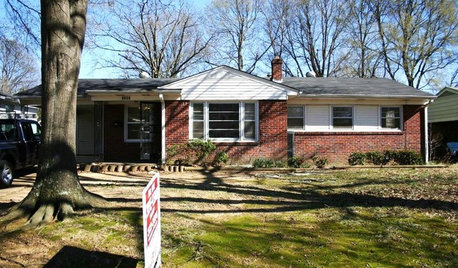
REMODELING GUIDES5 Ways to Protect Yourself When Buying a Fixer-Upper
Hidden hazards can derail your dream of scoring a great deal. Before you plunk down any cash, sit down with this
Full Story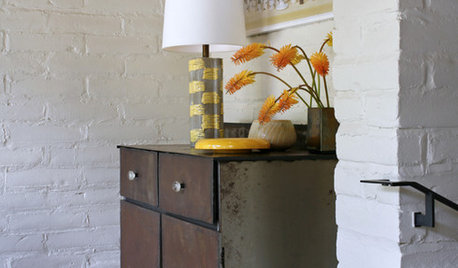
LIGHTINGWhat to Consider Before You Buy Vintage Lighting
Crystal-laden antique lamps and other vintage lighting fixtures may call to your heart, but read this before you plunk down any cash
Full Story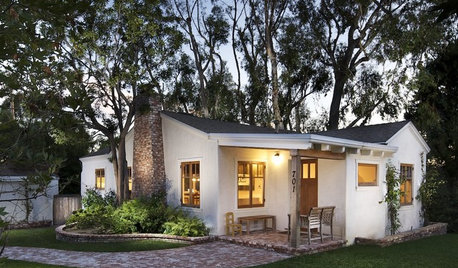
MOVING5 Risks in Buying a Short-Sale Home — and How to Handle Them
Don’t let the lure of a great deal blind you to the hidden costs and issues in snagging a short-sale property
Full Story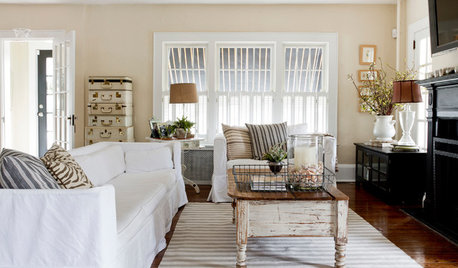
FEEL-GOOD HOMESimple Pleasures: 10 Ideas for a Buy-Less Month
Save money without feeling pinched by taking advantage of free resources and your own ingenuity
Full Story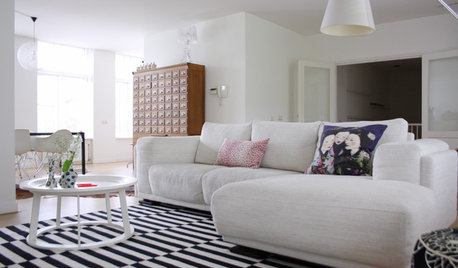
HOUZZ TOURSMy Houzz: 'When We Buy It, It's Forever'
This family is picky about what fills their vintage-chic Netherlands apartment, and the strategy works beautifully
Full Story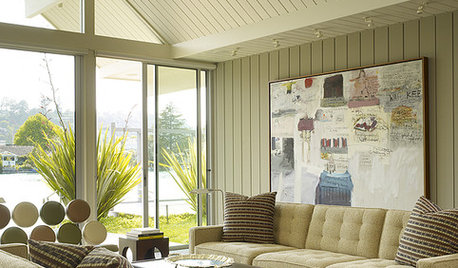
ARTCollect With Confidence: An Art-Buying Guide for Beginners
Don't let a lack of knowledge or limited funds keep you from the joy of owning art. This guide will put you on the collector's path
Full Story
MOVINGHome-Buying Checklist: 20 Things to Consider Beyond the Inspection
Quality of life is just as important as construction quality. Learn what to look for at open houses to ensure comfort in your new home
Full Story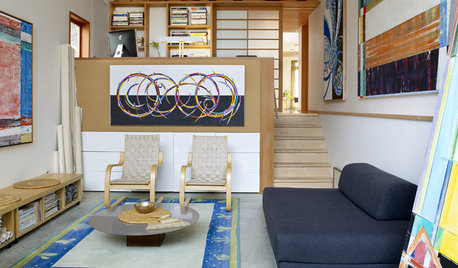
ARTLet's Put a Price on Art: Your Guide to Art Costs and Buying
We paint you a picture of what affects an artwork's price — plus a little-known way to take home what you love when it's beyond your budget
Full Story
DECORATING GUIDES10 Easy Fixes for That Nearly Perfect House You Want to Buy
Find out the common flaws that shouldn’t be deal-breakers — and a few that should give you pause
Full Story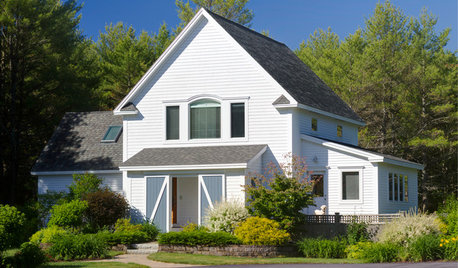
MOVINGTips for Winning a Bidding War in a Hot Home Market
Cash isn’t always king in a bidding war. Get the home you want without blowing your budget, using these Realtor-tested strategies
Full Story



Billl
brickeyee
Related Professionals
Keansburg Architects & Building Designers · Memphis Architects & Building Designers · South Pasadena Architects & Building Designers · Artesia General Contractors · Fremont General Contractors · Klamath Falls General Contractors · North Tustin General Contractors · Orangevale General Contractors · Sun Prairie General Contractors · Towson General Contractors · View Park-Windsor Hills General Contractors · Williston General Contractors · Mount Vernon Interior Designers & Decorators · Barstow Interior Designers & Decorators · Westbury Interior Designers & Decoratorsmarie_ndcal
brickeyee
chisue
brickeyee